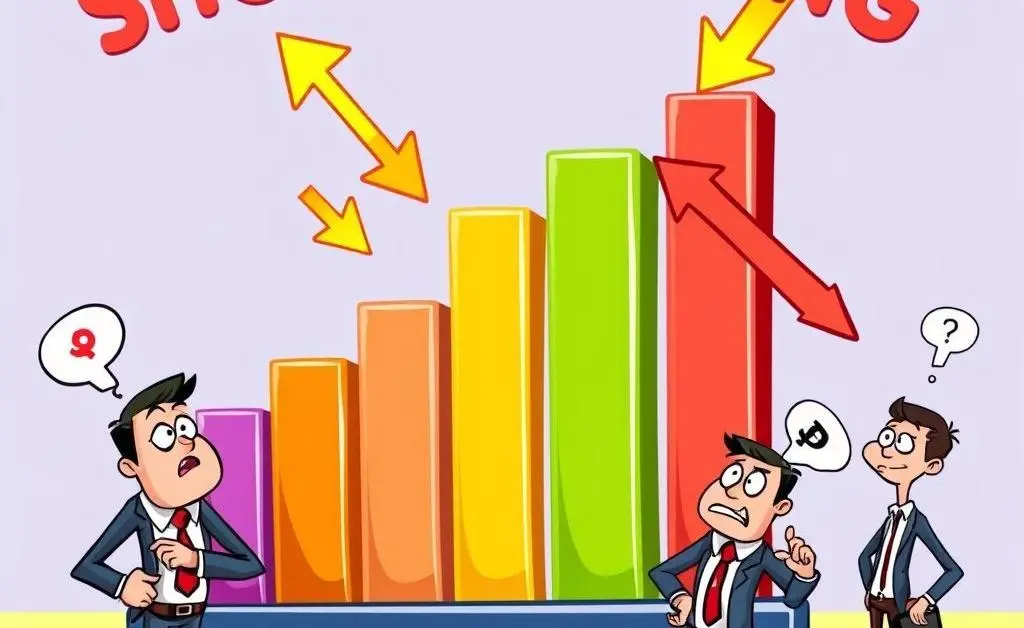Understanding Short Selling: A Beginner's Guide to Making Smart Investment Choices
Unlock the mysteries of short selling and make informed investing decisions.

Ever wondered what on earth 'short selling' really means? It may sound like tricky investment jargon, but understanding it can open up new ways to think about investing. Let’s explore peeking behind the curtain of finance to demystify this intriguing strategy.
What is Short Selling?
Short selling is a method used by investors who anticipate that the price of a stock will go down. In essence, when you short sell, you’re selling stocks that you don’t currently own, with the promise you’ll buy them back later. If the price drops as expected, you can repurchase at a lower value, pocketing the difference. It sounds almost magical or a bit risky, doesn't it?
Think of it like this: It's much like borrowing your friend’s bicycle, selling it at the current market rate, and buying it back when the price has dropped, then returning it to your friend. You profit from the difference in price. Intricate? Yes. Possible and profitable if done correctly? Absolutely.

Why Do People Short Sell Stocks?
Short selling can be tempting because of its potential for high returns and the chance to profit when a stock’s price falls. This can be especially appealing in times of market volatility or when economic conditions are shaky. It gives investors more flexibility to respond to different circumstances, perhaps similar to having many tools in your toolbox.
- Potential for high returns
- Flexibility in uncertain markets
- A strategic complement to other investments
Practical Considerations
While the rewards sound alluring, it’s crucial to approach short selling with caution. This strategy comes with increased risks compared to traditional investments. The potential for loss is significant, and markets can behave unpredictably.
Imagine a friend who once went all in on a short sell for a popular tech stock, only to watch it soar due to unexpected good news. Instead of making a profit, they faced a hefty loss. Plan carefully, understand your tolerance for risk, and use it as part of a broader investment strategy.

Steps to Begin Short Selling
If you’re still intrigued and wondering how to dip your toes in the waters of short selling, here are a few beginner-friendly steps:
- Educate Yourself: Dive deep into understanding market conditions and how short selling impacts prices.
- Choose the Right Brokerage: Not all brokerages offer short selling options, so find one that suits your needs.
- Practice with Simulations: Before investing real money, try virtual trading platforms to simulate short selling without the financial risk.

Final Thoughts: Is Short Selling Right for You?
Short selling is not for everyone and does require a strong understanding of market dynamics and a stomach for risk. It’s a strategy that, when used wisely, can be part of a comprehensive investment approach. So, the question is, do you find short selling as a thrilling opportunity, or does it feel like a risk you’re not ready to take? Share your thoughts and let's explore how you incorporate financial strategies into your personal finance journey.




